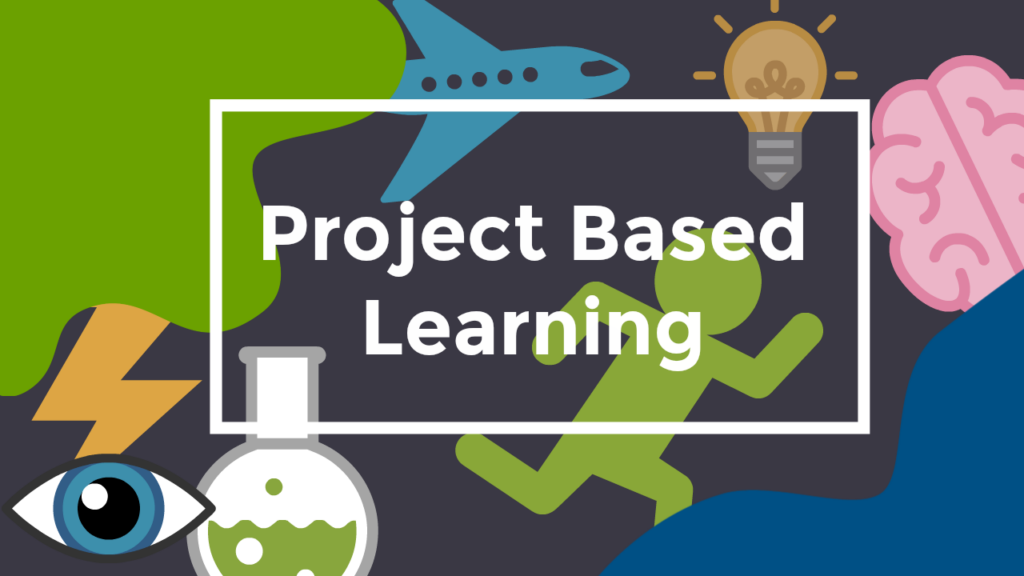Project-based learning (PBL) is a student-centered teaching method that encourages students to learn through hands-on, real-world projects. In a PBL classroom, students work collaboratively to investigate and respond to complex questions, problems, or challenges, resulting in a deeper understanding of the subject matter and the development of critical thinking, creativity, and communication skills. Here’s how project-based learning can benefit students:
1. Enhances Critical Thinking Skills
Project-based learning encourages students to think critically and solve problems. By engaging in projects that require them to analyze information, evaluate options, and make decisions, students develop essential critical thinking skills that are applicable in all areas of life.
2. Promotes Collaboration
In a project-based learning environment, students work together in teams to complete projects. This collaboration helps students develop important teamwork and communication skills, as well as learn from one another’s strengths and perspectives.
3. Increases Engagement
Project-based learning is inherently engaging for students. By working on projects that are meaningful and relevant to their lives, students are more motivated to learn and are more likely to retain the information they have learned.
4. Fosters Creativity
Project-based learning encourages students to think creatively and come up with innovative solutions to problems. By giving students the freedom to explore different ideas and approaches, PBL fosters a sense of creativity and encourages students to think outside the box.
5. Builds Self-Confidence
Completing a project from start to finish can be a great confidence booster for students. Project-based learning gives students the opportunity to take ownership of their learning and see the tangible results of their hard work, which can increase their self-confidence and self-esteem.
6. Prepares Students for the Future
Project-based learning prepares students for the future by teaching them valuable skills such as critical thinking, collaboration, and creativity, which are essential in today’s workforce. PBL also helps students develop skills such as time management, problem-solving, and communication, which are crucial for success in any field.
Implementing Project-Based Learning in the Classroom with MegaMinds
To implement project-based learning in the classroom, use MegaMinds’ Student Projects functionality. Teachers can design assignments that are relevant to students’ lives and interests, provide guidance and support throughout the project, and encourage students to reflect on their learning and the skills they have developed. By embracing project-based learning, teachers can create a dynamic and engaging learning environment that empowers students to take control of their learning and develop the skills they need to succeed in school and beyond.

